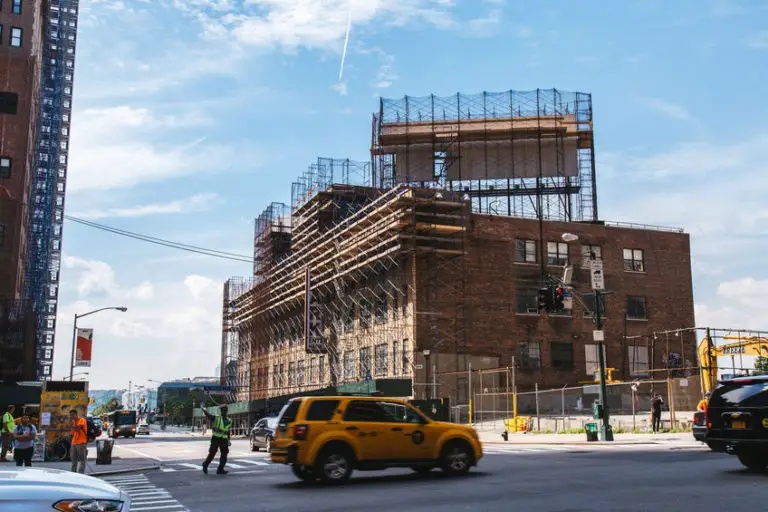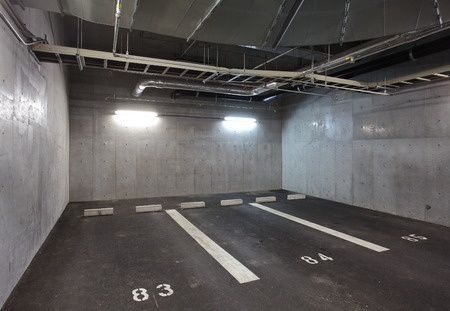They Doubled Their Money by Picking Up Their House and Moving It
The Wall Street Journal reported on a couple that bought a 10,000 sq.ft. home in Nantucket, Mass., for $8.4 million. The home was on the edge of a coastal bluff and risked falling into the ocean if it wasn’t moved. Because of this, it sold at a large discount to what a similar home a safe distance from water would sell for. The cost to move such an enormous home just 140 feet was over $1.6 million; however, that coupled with some other renovations such as adding a basement, effectively doubled the value of the home. This is a very rare occasion in which the cost of moving is significantly less than the cost to demolish and rebuild. The article points out that the president of a structural movers association said that 95% of the people who contact him about moving their house don’t end up doing it because it’s too expensive. However, in the other 5% of cases, it MIGHT be profitable.
Profitably moving a house is an extremely narrow niche and some that have actually tried to do it would never do it again. Many feel that it is inherently unprofitable. Others don’t want to deal with the myriad of potential headaches and issues involved in moving a house and later trying to sell it: permits and fees, disconnecting and reconnecting utilities, avoiding overhead utility lines, bridges, guard rails, car accidents, moving damage, hairline and other cracks, potential structural issues, high transportation costs, dealing with multiple contractors and subcontractors, and various other risks and problems. Not to mention the fact that if you try to sell the moved house to another buyer, you are going to have to disclose the move. This could substantially eliminate the pool of buyers, and those willing to purchase the home might only do so if they receive a substantial discount to what a normal site built home would sell for (this may not be an issue if you are going to rent your property out or operate it as an AirBnB vacation rental).
Profit-making opportunities are probably concentrated in areas where construction costs are extremely high or perhaps construction is impossible due to a lack of contractors or governmental moratoriums or other restrictions on new construction. The exception to this might be a situation where you can get a movable, good condition house for free or almost nothing because the land owner is going to demolish it anyway. In some instances, the land owner might be willing to give someone money to take the house off their lot if this saves them money compared to demolishing the house and hauling its remains to the dump. This article cites a homeowner who bought a house from a governmental agency for $1, picked it up and moved it for $22,000, and while they had to buy another lot, they saved 40 to 60% off the cost to build. Distance is another key factor. The couple in Nantucket had a large lot and could just back the house up and move it over, keeping its oceanfront status but without the risk of it falling into the ocean. A house on a tiny oceanfront lot in San Diego has nowhere to go.







